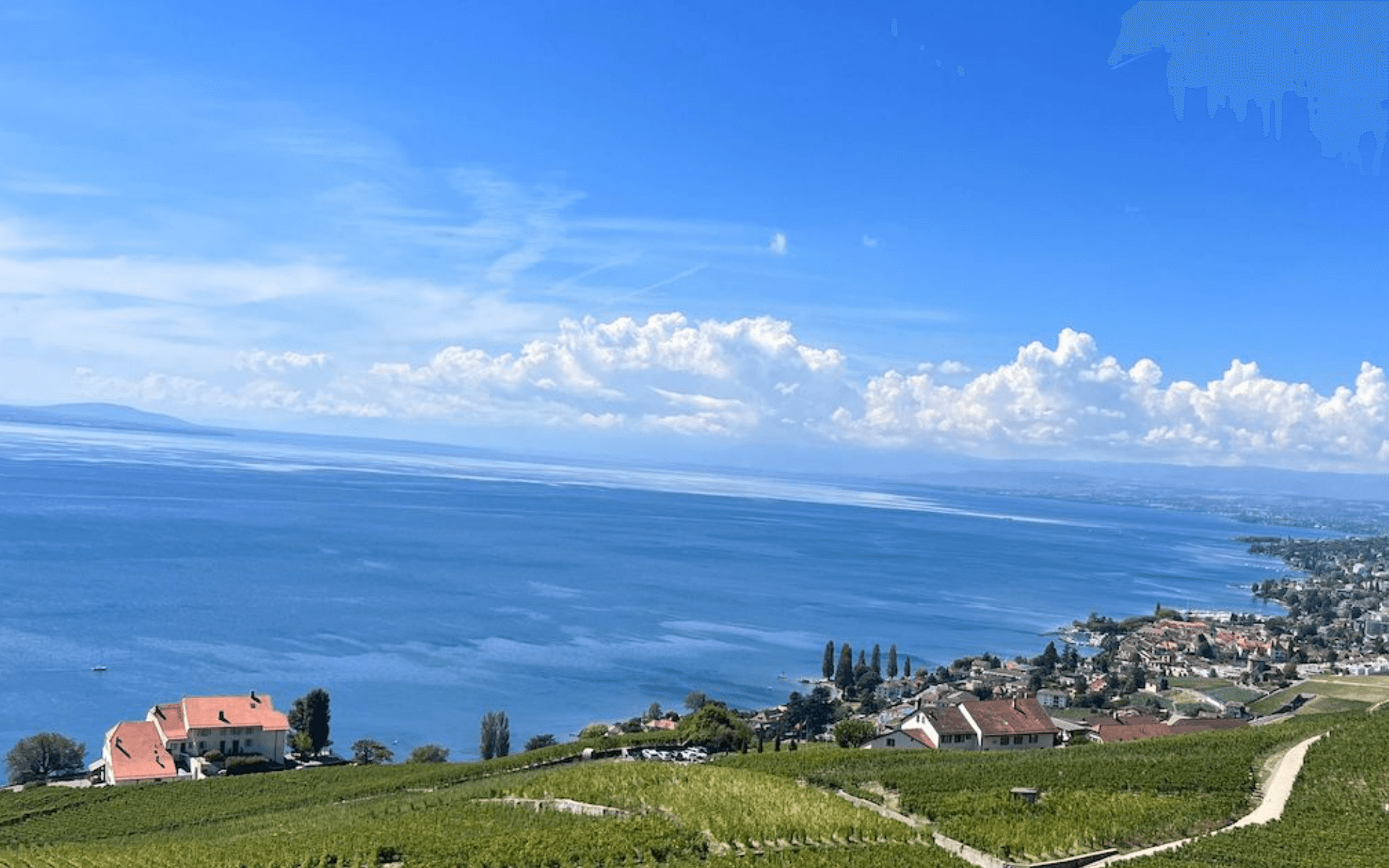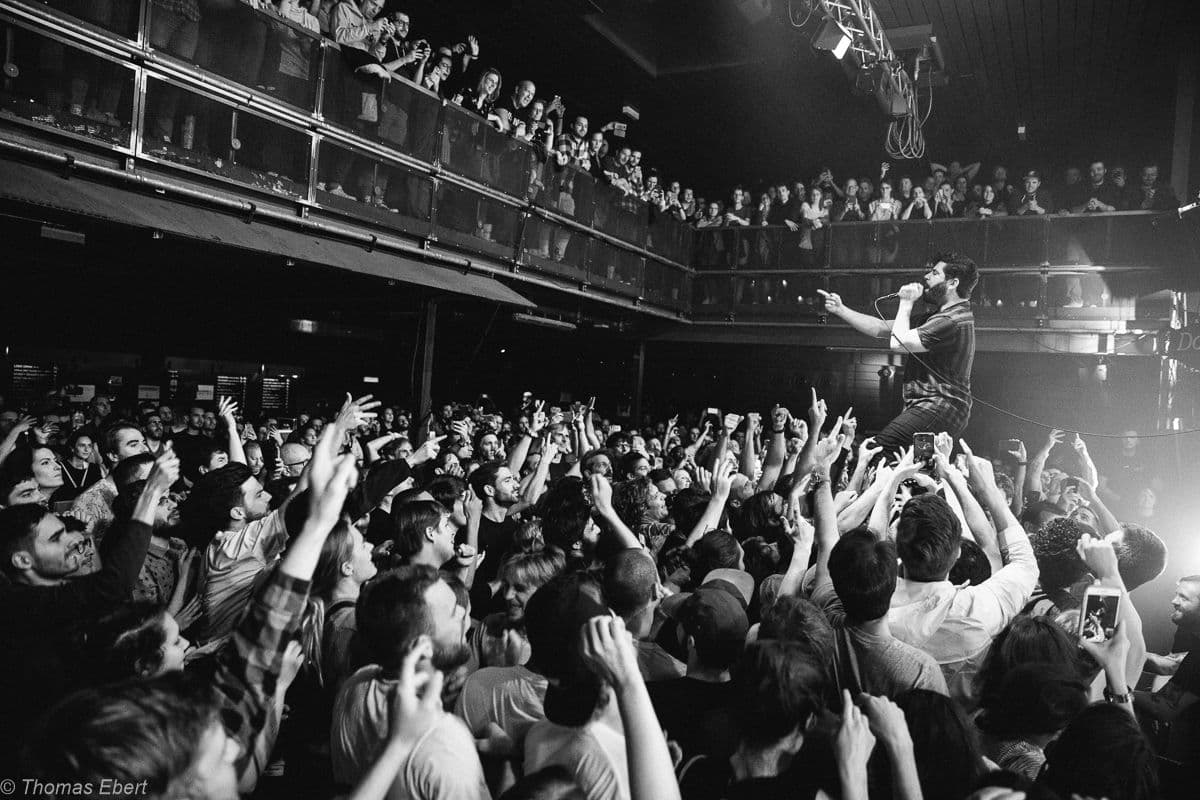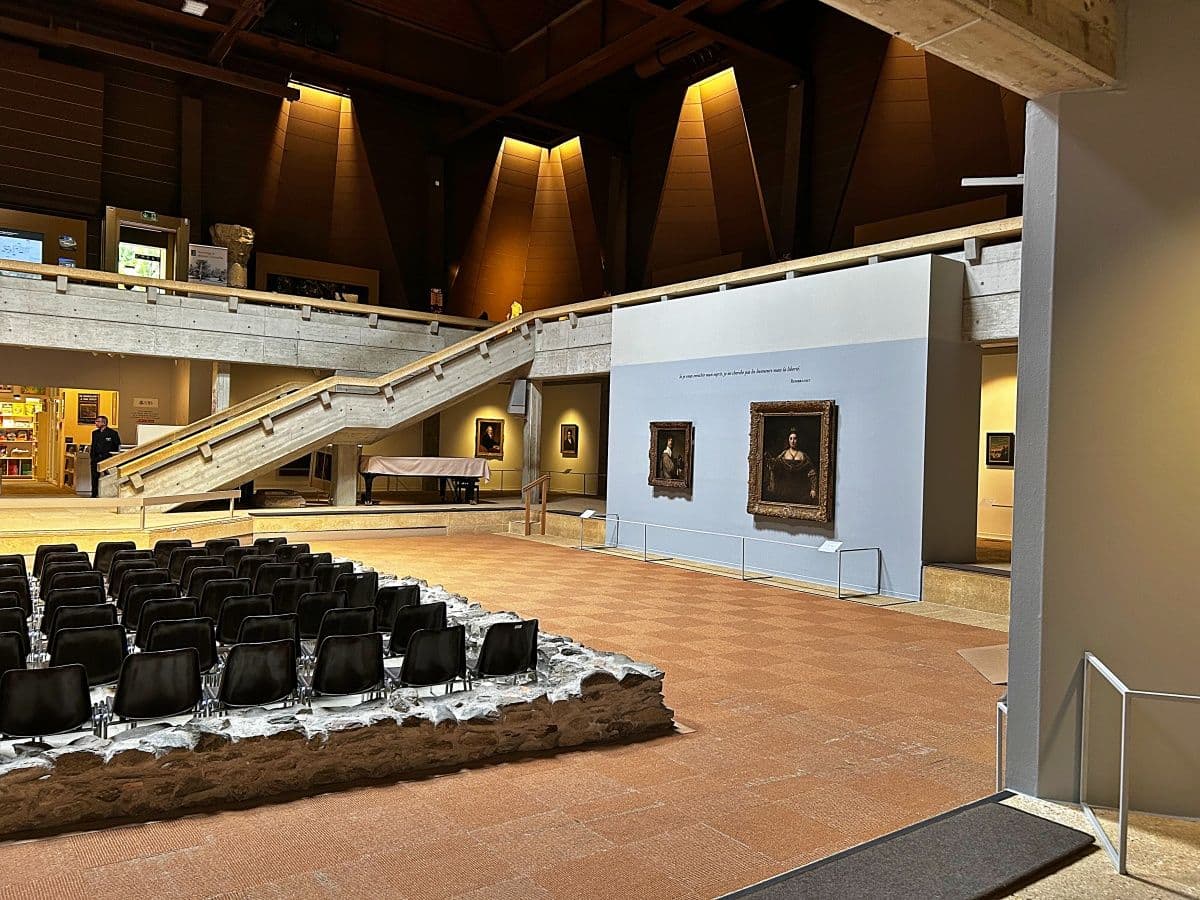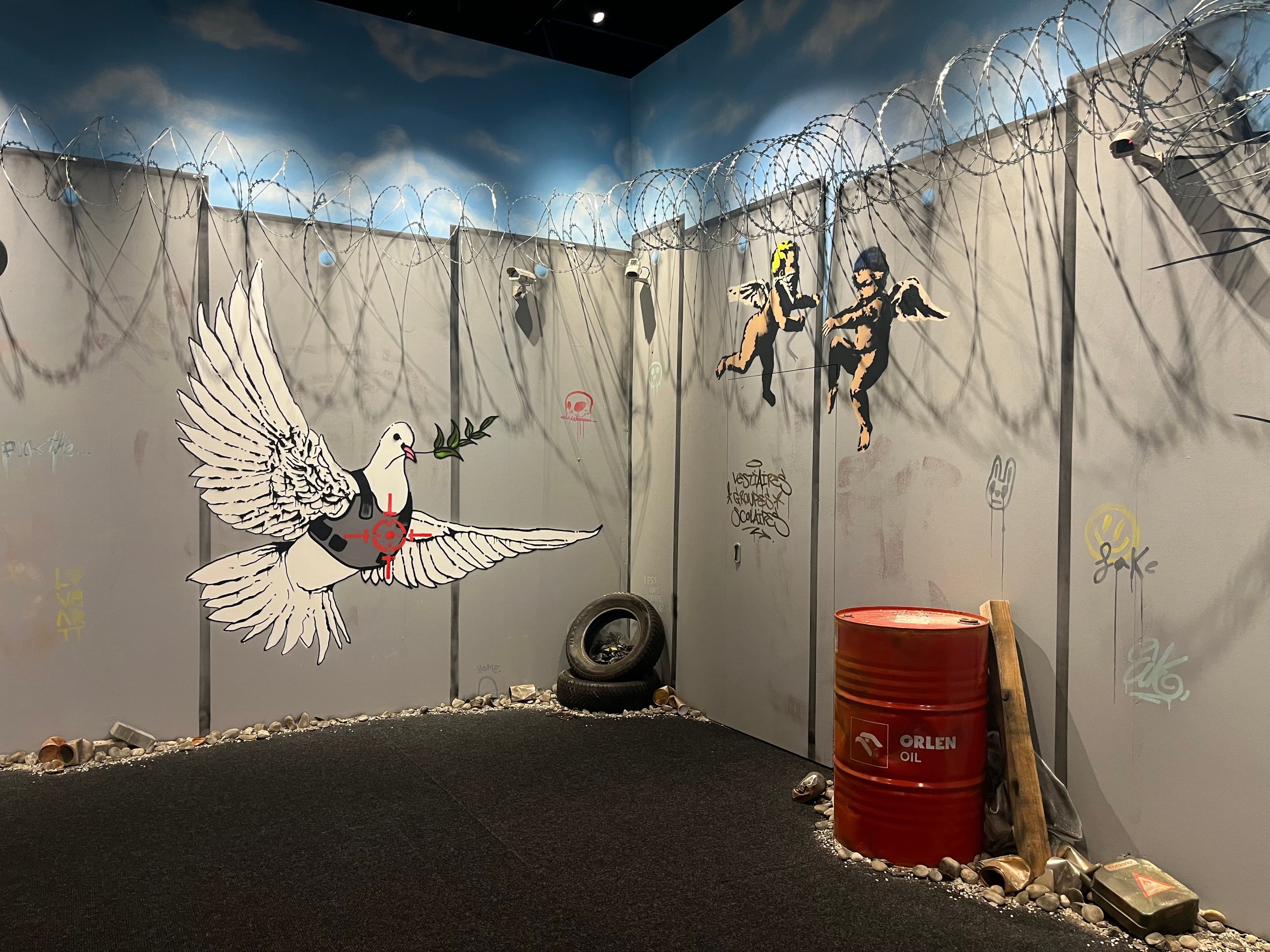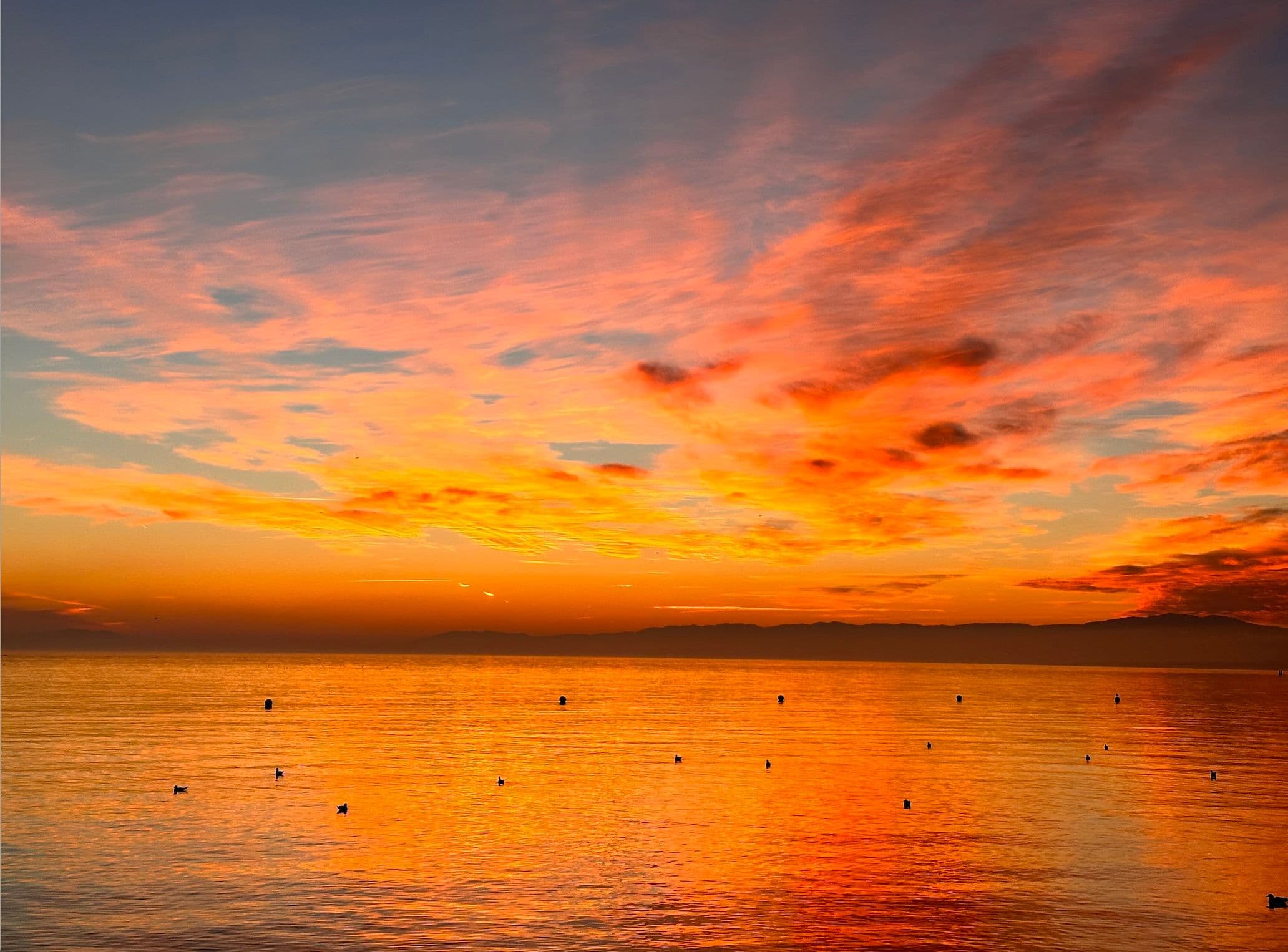Hope and frustration. Two words often positioned together in the biodynamic winemaking world, especially at the tail end of a growing season with the relentless heat of this past summer. Jean Christophe Piccard is the definition of what it means to exist as a vigneron on a cosmic, almost otherworldly level, and to encourage the symbiosis that is growing vines in harmony with all their surroundings.
I arrive at Domaine Piccard just after lunch and am greeted by Jean Christophe, a half-smoked hand-rolled cigarette is a fixture between two of his rough farmers’ fingers. I follow him, ducking beneath a vine-covered trellis of sorts to the small courtyard behind the house on Domaine Piccard where there is a clear view of the 2.5 hectares of slightly unruly vineyards that he inherited from his father before him. The sun is high, and I am sweating through my denim as we discuss his winemaking magic with those incomparable views of the lake from Villette. We speak at length about his perception of biodynamics, what it means to work with the cycle that is life, its connection to the cosmos at large and how human impact can drastically affect the end result. “One must understand the rhythm of the earth beneath the vines,” he tells me. It was a beautiful existential conversation and one that I will carry with me forever when trying to understand the complexity of vines and how they become natural wine.
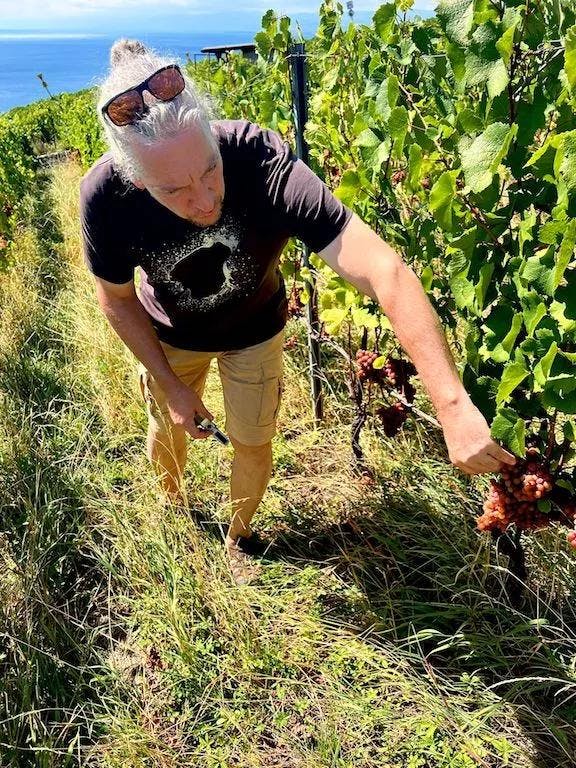
“It is merely a matter of logic,” he says. To him, wine is a part of the larger picture (read: Cosmos) and one that is fostered with as much gentility as is humanly possible on behalf of the vigneron. It dawned on him when he was 20 years old that putting something that would kill life (weeds) between growing living green vines was counterintuitive. He saw the burn from herbicides on something that was living and for him, it was too close to his cherished vines and grapes. It was then that he decided to investigate a different way. Thus beginning his biodynamic story.
From a long line of growers in Daley, since 1463 to be exact, J.C. continues the legacy in a way that is deeply respectful of both the history of his terrain and honors the grapes that currently grow there. His vibe is infectious as you listen to him speak of lunar cycles and the influence of constellations. He shares with me his experience with spontaneous fermentation which is when the only yeast used in the winemaking process is that which naturally resides on the grapeskins, in the vineyard, and even in the cellar. He watched in awe as his spontaneous ferment was on par with a standard fermentation (manually added yeast) that vintage, and he hasn’t looked back since.
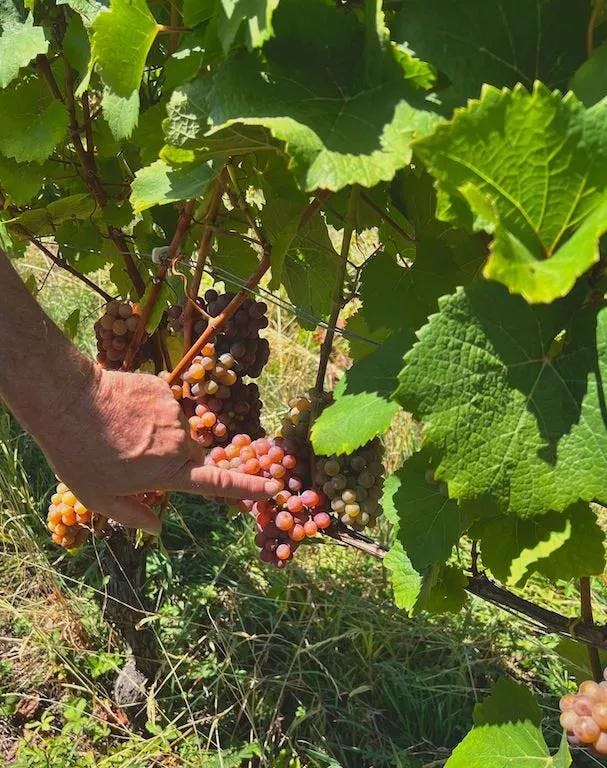
I have always been a little skeptical of horn manure preparation also known as “500.” Cow horns are stuffed with high-quality manure and buried in the earth during the winter season. The fermentation of the manure in the horn is the concentration of living bacteria that once diluted with rainwater is then given back to the soil at a ratio of 30L to 1 hectare. This creates archetypal soil. It is a reminder to the soil of what it can be. I always thought it was a witchy/woo-woo offering to the Earth, but I now realize there is actual logic behind it, just as J.C. said.
Softly trampling the wild growth cover-crop between the vines with his boots, J.C. tells me about the importance of the connection between the vine and its environs and how “violence” against the plant (herbicides, machines in the vineyards, pesticides, etc) disrupts its natural evolution. His vines receive phytotherapy treatments with teas made of nettle, willow tree (natural aspirin!) and horsetail, all of which he cultivates on his land. He takes a handful of grapes and shows me the difference between individual ripening, half of it ready for harvest, the other still unripe on the same bunch. He tells me this is a crisis for the vine which doesn’t know how to handle what is going on with the heatwave. Last year during the flowering season there was a great deal of moisture which damaged many of his grapes to the point of devastation. 2021 was not a good year, but he is very hopeful for 2022.
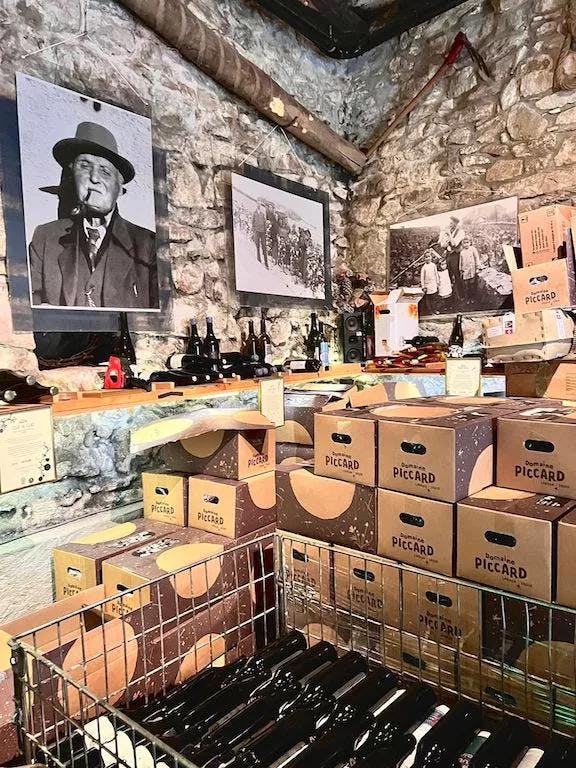
I sense an urgency in how his beloved graves are handling the extensive heat of the summer. It was a very dry one indeed. “The vineyards are dying of thirst. They are in survival mode,” he tells me. With harvest now underway, J.C. will be as natural in the cellar as he is in the vineyard. He has learned that allowing the grapes and juice to do their own thing creates a much more interesting product. And just as he has respect in the vineyard, he trusts that his juice will become something remarkable in his cellar as well. J.C. has a (gentle albeit large!) hand in every single aspect of the process and is anchored in the locality of his Domaine. The beauty of the cycle and the depth of connection to the Cosmos aligns in such a way that creates acute precision, the essence of what it means to be a natural winemaker. It is a humbling, dynamic, embodied, full-faith ride indeed.
